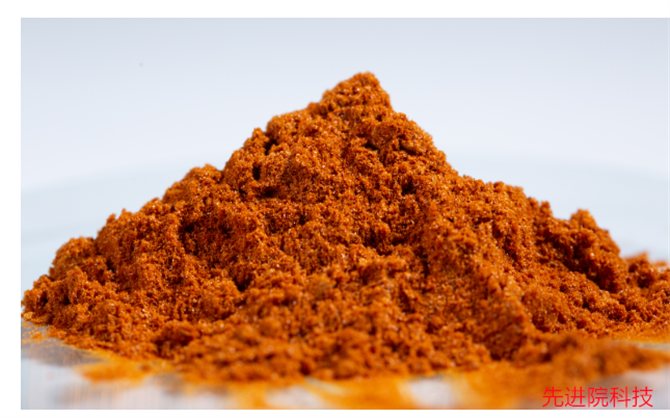Palladium ChlorideAs an important material, it has a wide range of applications in the petrochemical, pharmaceutical, and TDI industries. This article will focus on the use of palladium chloride and the application of different product specifications in different industries.
1. Applications in the petrochemical industry
The petrochemical industry is one of the main uses of palladium chloride. Palladium chloride can be used as a precursor material in the petrochemical and coal chemical industries for the synthesis of palladium chloride complexes. These complexes are reduced to palladium chloride catalysts in the reaction, which are used to catalyze important organic synthesis reactions such as the chlorination of olefins and the oxidation of alcohols. Palladium chloride, as a catalyst, has excellent activity and selectivity, greatly promoting the development of the petrochemical industry.
2. Applications in the pharmaceutical industry
Palladium chloride also plays an important role in the pharmaceutical industry. As a catalyst for drug synthesis, palladium chloride can be used to synthesize various organic intermediates and drugs. For example, palladium chloride can catalyze the reaction of benzoic acid with hydrogen to produce esters of benzoic acid, which are used in the synthesis of various drugs. In addition, palladium chloride can also be used to synthesize organometallic complexes, which have good drug activity and can be used to prepare anticancer drugs, etc.
3. Application in TDI industry
The TDI (phenyl diisocyanate) industry is another important application area of palladium chloride. Palladium chloride can be used in the TDI industry
Non-conductive material coatingThe surface activator. The addition of surfactants can improve the adhesion and durability of coatings, and enhance their resistance to chemicals and temperature. Therefore, palladium chloride is widely used in the coating process of non-conductive materials in the TDI industry, providing better protection and performance for products.
Application comparison of different product specifications:
In the above three industries, palladium chloride has multiple product specifications including 59.5%, 59.6%, 59.8%, 60%, and 60.3%. Palladium chloride of different specifications is suitable for different industries and specific applications. For example, the petrochemical industry has relatively high requirements for the purity of palladium chloride, and generally chooses product specifications with higher purity, such as 60% and 60.3%. In the pharmaceutical industry, the requirements for the purity of palladium chloride are relatively flexible, and appropriate product specifications can be selected according to specific reaction and synthesis needs. In the TDI industry, the purity requirements for palladium chloride are relatively low, and low purity product specifications such as 59.5% and 59.6% are generally chosen. Therefore, according to the purity requirements of different industries, different specifications of palladium chloride can be selected to meet different application requirements.

In summary, palladium chloride, as an important material, is widely used in the petrochemical, pharmaceutical, and TDI industries. It plays a crucial role in catalyst synthesis, drug synthesis, and surfactant synthesis. According to the purity requirements of different industries, suitable product specifications can be selected to meet specific application needs. The diversity and flexibility of palladium chloride make it a versatile material for the petrochemical, pharmaceutical, and TDI industries.





